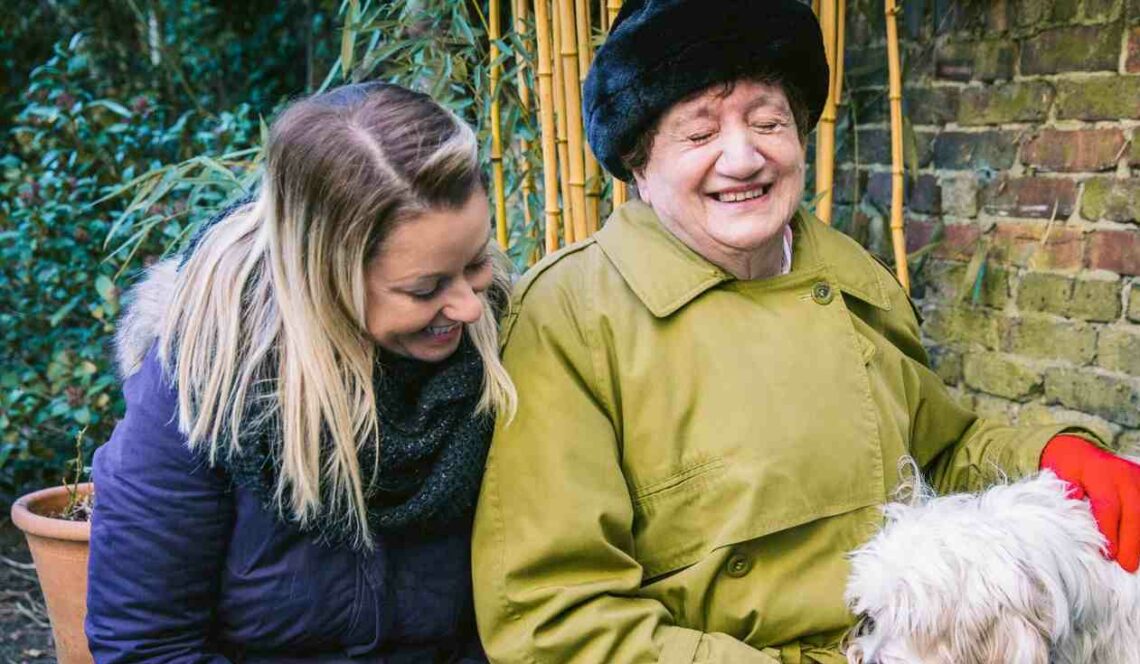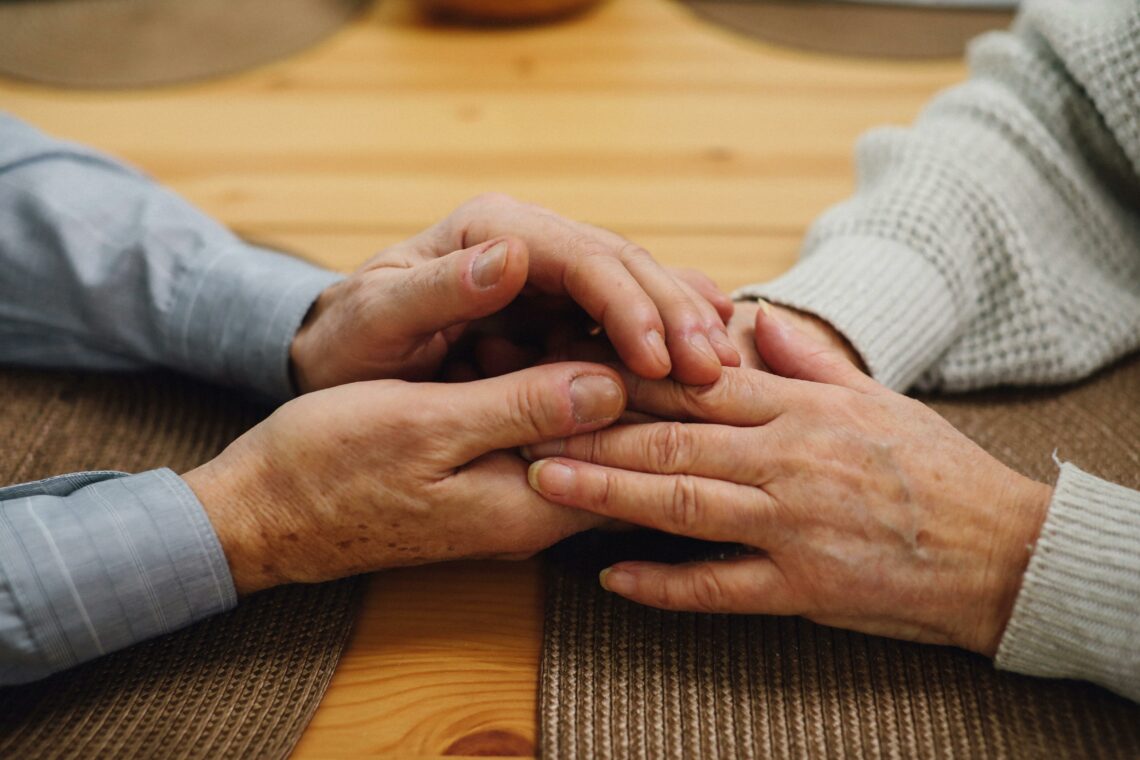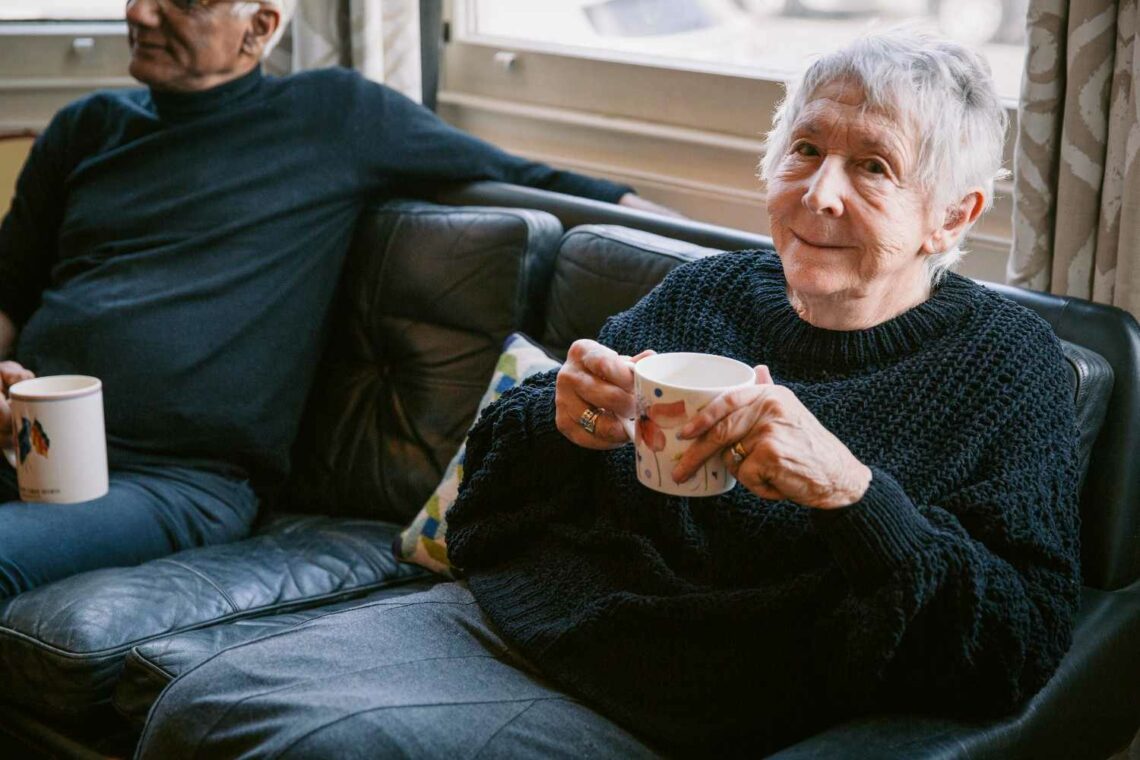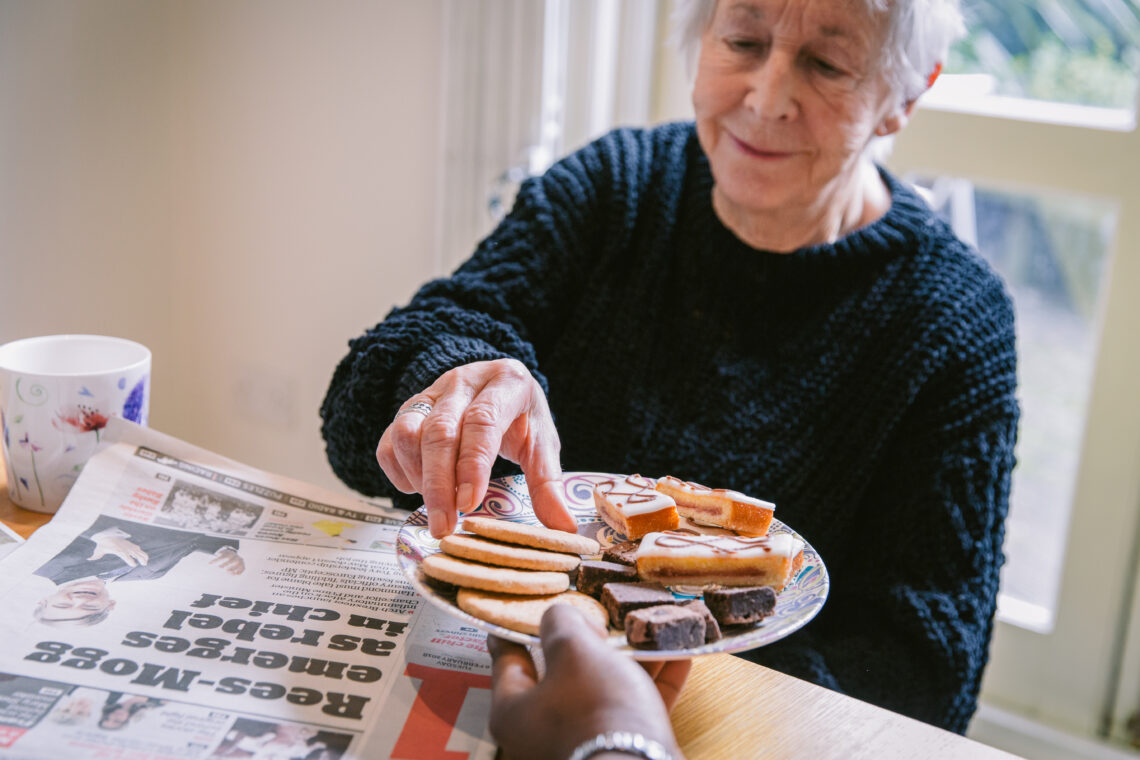Articles related to
Dementia
NHS Continuing Healthcare for dementia: A step-by-step guide
Many families supporting someone living with dementia don’t realise the NHS may fund their care in full. NHS Continuing Healthcare (CHC) is a non-means-tested funding package that can cover the entire cost of care (including live-in care at home) for…

How does a person die from dementia?
For families living with dementia, one of the hardest questions to ask is how it causes death? Dementia is more than memory loss; it’s a progressive brain disease that gradually affects every part of the body. This article explains what…

When do dementia patients need 24-hour care?
Deciding when someone living with dementia needs 24-hour care is one of the most difficult decisions families face. As dementia progresses, daily activities become more challenging and safety concerns increase. Many families worry about acting too early… or waiting too…
Would you like to know more about Hometouch's high quality live-in care service?

Rapidly progressive dementia: What caregivers need to know
Rapidly progressive dementia (RPD) is a rare condition that causes a decline in memory, behaviour, and physical ability. While most forms of dementia develop over years, RPD progresses within weeks or months. This rapid change often leaves families struggling to…
Speak to one of our knowledgeable care advisers about Hometouch’s high quality live-in care service

Holiday routines and dementia: Why consistency matters during the festive season
The festive season brings joy and togetherness for many families. But for people living with dementia, Christmas can also bring confusion, distress, and loneliness. Disrupted routines trigger anxiety and agitation. Understanding how to support someone with dementia during the holidays…

Managing dementia and diabetes at Home
It is estimated that more than 5.8 million people in the UK are living with diabetes. Among older adults, managing the condition requires daily attention. When someone is also living with dementia, the challenges increase significantly. Tasks like remembering medication,…

Dementia and eating problems: Why do dementia patients stop eating?
Watching someone with dementia eat less or refuse food can feel deeply distressing. You may feel worried, helpless, or unsure how to help. Eating difficulties are common as dementia progresses. Your loved one may forget how to chew or swallow,…

What is alcohol-related dementia?
Alcohol-related dementia differs from other forms of dementia in one important way: with early clinical intervention and complete abstinence, cognitive function can often be stabilised and sometimes improved. In this article, our clinical team explains what causes alcohol-related brain damage,…

Dementia Care: What is sundowning?
When caring for someone with dementia, you may notice their confusion and agitation increase as daylight fades. This common pattern, known as sundowning, affects many people living with dementia and can be particularly challenging for families. Our clinical team regularly…

What is aggressive behaviour in dementia?
Caring for someone living with dementia can be emotionally challenging, especially when they display aggression. Outbursts, whether verbal or physical, can be distressing and difficult to understand. It’s important to remember that this behaviour isn’t personal. It’s a symptom of…
Apply for live-in care jobs
Hometouch has been one of the best companies I have worked for in the care sector! I have always been told I’m appreciated and been made to feel like it too. I’m so happy to be a part of the Hometouch team
Shaheen

£750 - £900 per week. Double bank holiday pay
You choose your own clients
Clinical support
Free training, webinars and supervision